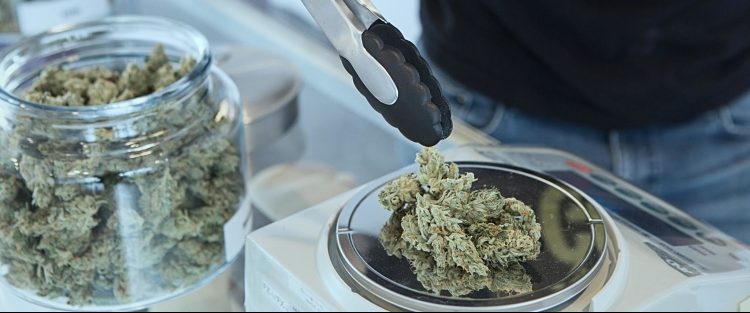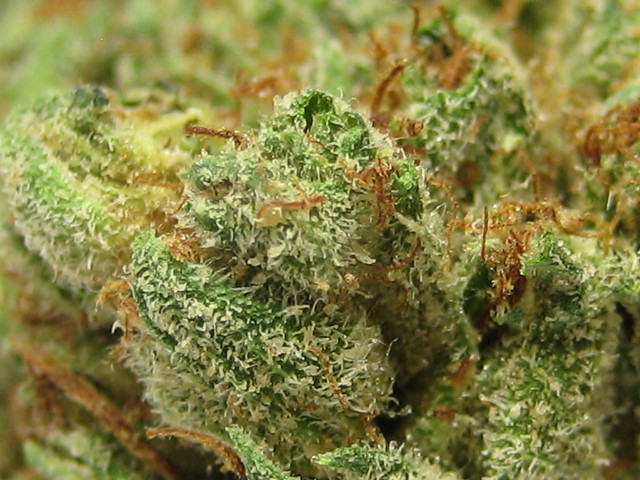There’s nothing worse than bunk weed, and the California government agrees.
California regulators are taking a crack at standardizing cannabis testing among the state’s 41 operational marijuana labs. Their main goal is to eliminate inconsistencies.
A new state law mandates the effort to improve cannabis quality and testing reliability.
The Law Aims to Tackle Labs that Fabricate Results
Industry officials are accusing growers, processors, manufacturers, or distributors of shopping for labs that will give them the results they want. As a matter of fact, labs have falsified THC potency and/or contaminant numbers. Not only is this practice misleading, but it could also be a threat to public health.
Furthermore, a lack of standards could threaten and undermine consumer confidence in cannabis products. The new law is looking to increase testing accuracy, as well as build consumer trust.

Photo by Hans Reniers on Unsplash
“This will bring additional consistency and accountability among licensed cannabis testing laboratories,” Department of Cannabis Control (DCC) spokeswoman Christina Dempsey said of the agency’s testing initiative.
“With a standardized method, laboratories can more easily identify and correct problems, and it will serve as an additional mechanism to ensure integrity.”
The DCC is in Charge of Creating the Blueprint for Standardized Testing
The DCC must establish a standardized cannabinoids test method and also SOPs that all labs will use by January 1, 2023.
Furthermore, the DCC has put two state-run labs in charge of establishing standard operating procedures (SOPs). These SOPs will serve as the blueprint for every single cannabis testing lab in California.
Moreover, the DCC’s Laboratory Services Division will be overseeing the program. About two dozen individuals run the Cannabis Testing Laboratory and regulate California’s cannabis labs through licensing and inspections.
As part of the initiative, the DCC’s Laboratory Services Division is establishing a reference lab through a collaboration with the University of California, San Diego. It will be one of the two state-run labs.

To ensure quality, staffers will spot-check products. Therefore, this will help guarantee that each product was tested properly.
“DCC anticipates leveraging these two laboratories to enhance accountability,” Dempsey added, “by verifying laboratory results and through initiatives such as challenge tests.”
The Bill Includes a Number of New Requirements
Gov. Gavin Newsom signed Senate Bill 544 in October. It requires the DCC to establish strict criteria for testing dozens of pesticides, microbiological contaminants, residual solvents, and cannabis compounds.
Labs can correct minor administrative errors under the new law. In the past, clerical and testing mistakes were irreversible under previous guidelines.
The DDC will also standardize cannabis inspection and transportation.
The changes will also affect cannabis edible products. Currently, the THC in these products must not exceed 10 milligrams per serving, plus or minus 12%. After January 1st of next year, the permissible margin of error shrinks to 10%.
More Content
THE RELATIONSHIP BETWEEN BACKWOODS AND HIP-HOP
TERPENES FOR ANXIETY: 3 TERPS IN CANNABIS WITH STRESS-RELIEVING PROPERTIES
RAPPER WEED: WHICH RAPPERS HAVE CANNABIS PRODUCTS IN THE MARKET? WHO ACTUALLY HAS THE FIRE?
18 COMPANIES THAT DON’T DRUG TEST THEIR EMPLOYEES FOR WEED
7 TIPS FOR MARKETING CANNABIS AND CBD ON TIKTOK AND INSTAGRAM








